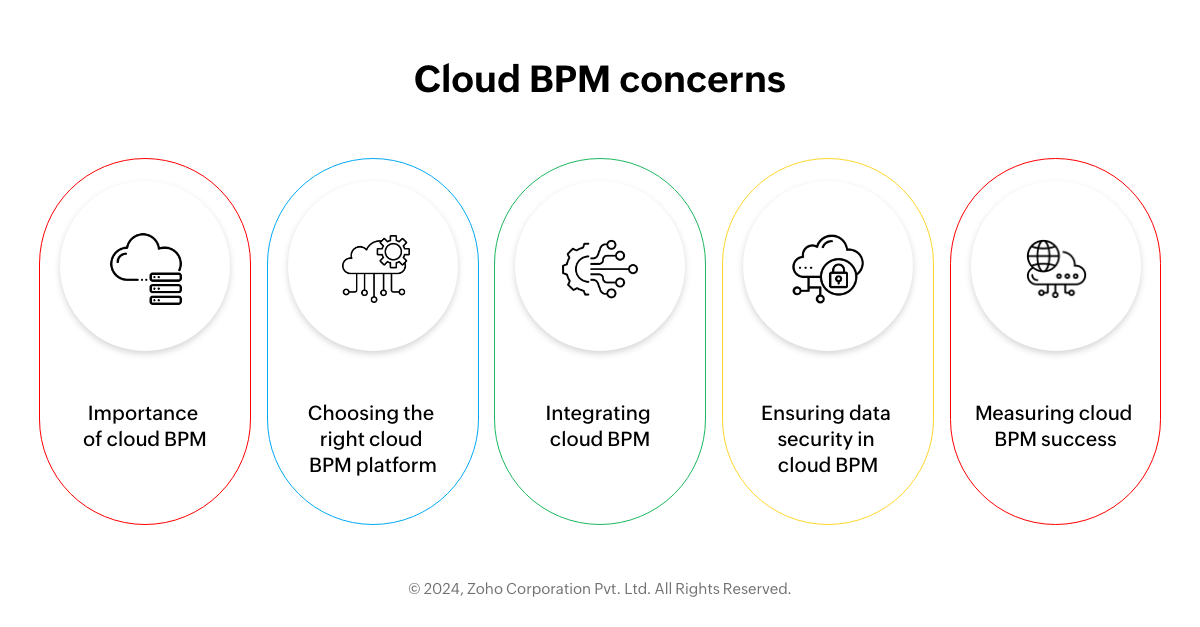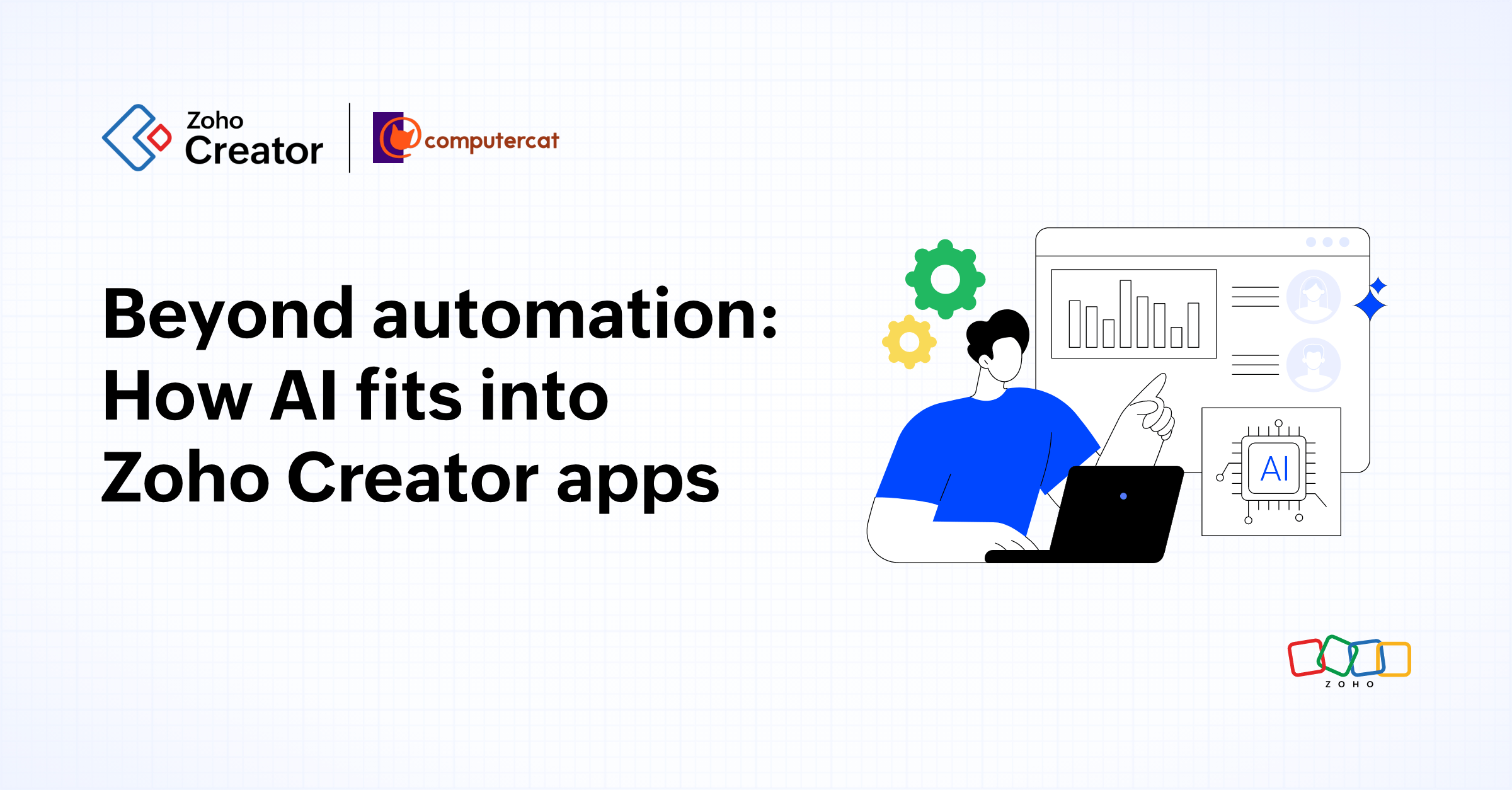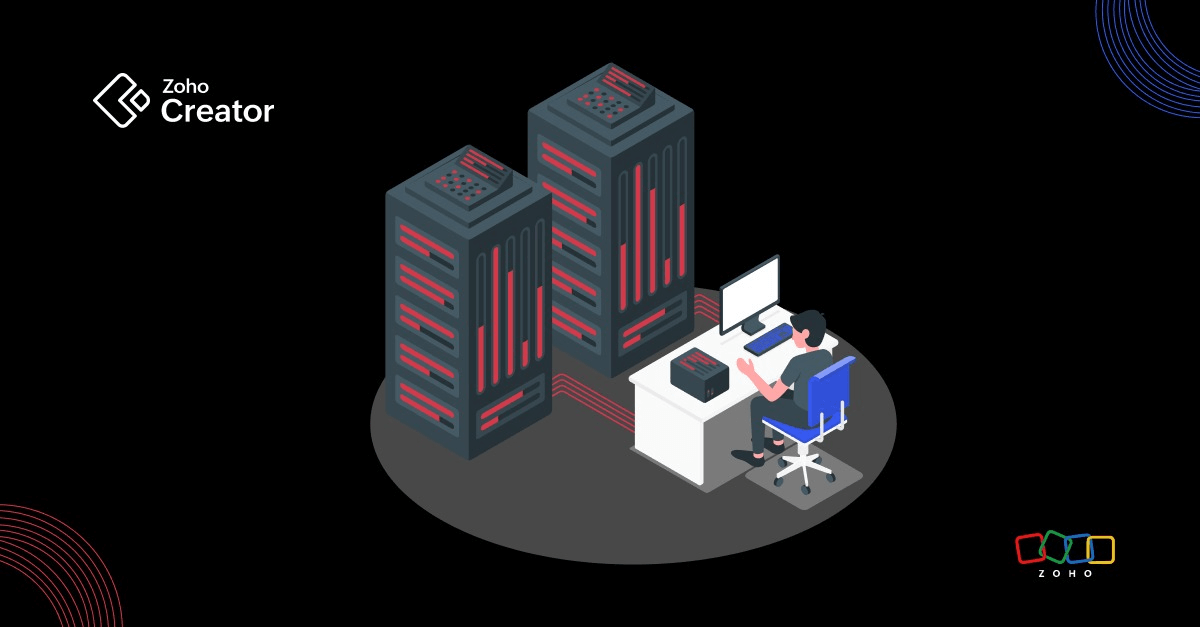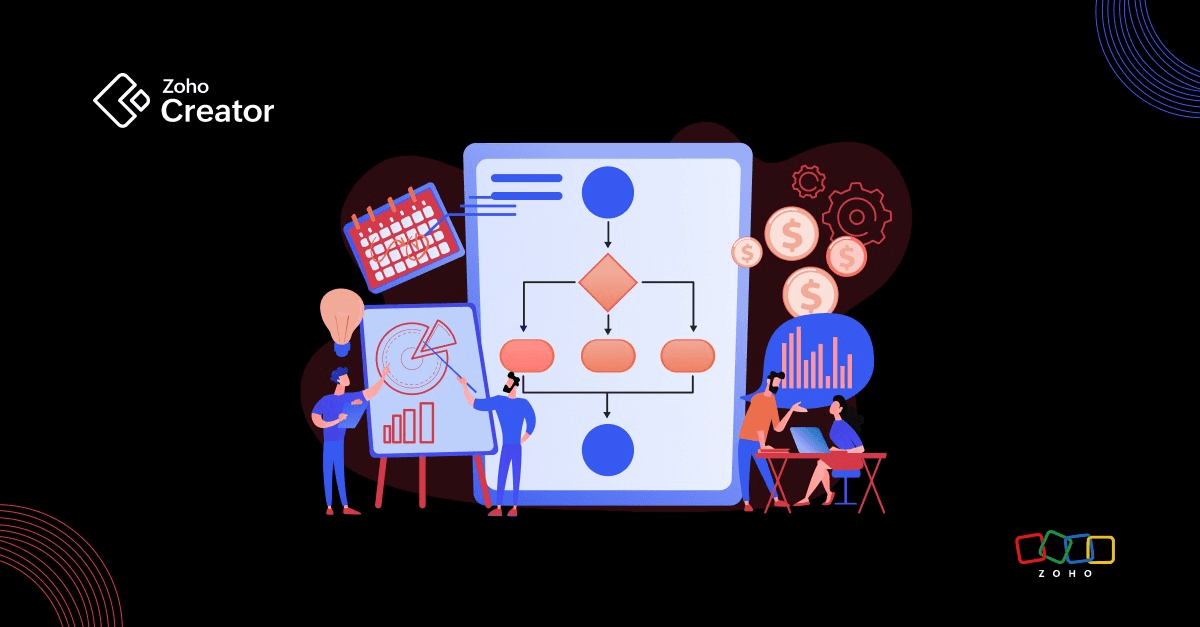- HOME
- Know Your Tech
- 5 simple answers to your most pressing cloud BPM questions
5 simple answers to your most pressing cloud BPM questions
- Last Updated : July 4, 2024
- 1.1K Views
- 5 Min Read
Over the past three decades, industries like banking, healthcare, manufacturing, IT, and telecommunications have embraced business process management (BPM) solutions to increase their efficiency and enhance customer service. Given this trend, managing business processes can be a game-changer for your business, too.
Cloud BPM platforms can help you automate your processes more quickly and efficiently. The flexibility and power of cloud solutions is a great way to manage and improve your business processes.
Here, we'll break down five simple answers to your cloud BPM questions, helping you get the most out of this technology.

1. Why is cloud BPM important?
Unlike traditional BPM, which needs lots of on-site software and hardware, cloud BPM uses the internet to run everything. The main benefits to the cloud BPM process are:
Capital savings
This means businesses save money on hardware expenses since there is no need for on-premises infrastructure. Instead, they typically pay for services on a subscription basis, allowing for better cost control and budget management.
Scalable up and down
Cloud BPM solutions enable businesses to adjust resources quickly according to their needs. Whether you need to ramp up during peak periods or scale down during slower times, cloud BPM software offers the flexibility to adapt swiftly and efficiently.
Accessible anywhere
The cloud-based nature of BPM platforms means that the data and applications are accessible from anywhere with an internet connection. This accessibility fosters greater collaboration among teams, even if they are geographically dispersed, leading to increased productivity and efficiency.
Plus, cloud platforms often include great security features. In short, cloud BPM is cost-effective, flexible, and secure, making it a smart choice for businesses looking to improve workflow automation and process optimization.
Read more about the benefits of business process management
2. How do you pick the right cloud BPM platform?
Choosing the right cloud BPM solution starts with understanding your needs.
Identify your specific processes, such as procurement or customer onboarding, that need automation. Consider factors such as complexity and frequency during this process.
Look for user-friendly cloud business process management tools with intuitive interfaces so your team can quickly adopt them.
Ensure that the interface you choose can scale with your business and integrate well with your existing systems. As your business grows, it will need to handle increased transaction volumes or new processes. Its integration capabilities should also align with your existing ERP or CRM systems.
Security is a must, especially if you're handling sensitive information. Emphasize security features such as data encryption, role-based access controls (RBAC), and compliance certifications relevant to your industry.
3. How do you integrate cloud BPM with what you already have?
After choosing the right tool, it is crucial to integrate with your existing tech. Integrating cloud BPM software with your existing systems can be smooth if you plan it right.
Start by mapping out your current IT setup, noting dependencies and data flows between different systems.
Identify key systems that need to connect with your business process management software.
Look for BPM solutions with a strong Application Programming Interface (API) or pre-built connectors for popular enterprise applications to facilitate smooth data exchange.
Consider middleware to help bridge different systems, ensuring data flows smoothly between them.
Set up data governance policies to maintain data integrity across platforms, specifying data ownership, access controls, and compliance requirements.
Work with your IT department and stakeholders to ensure everything aligns with your business goals.
Regularly test and validate the integrations to keep everything running smoothly in real time.
4. How do you keep data safe in cloud BPM?
Keeping data safe is essential for any business. Cloud BPM software has strong data protection, which can be safer than on-premises deployments. There are additional steps you can take to minimize risks:
Start by selecting a reputable cloud provider with strong security certifications like ISO 27001 and SOC 2.
Ensure your data is encrypted both when it's stored and when it's being transferred.
Implement strict access controls so only authorized people can access sensitive information.
Regularly update your business process management software to protect against vulnerabilities.
Conduct security audits frequently on your digital process automation software.
Train your employees periodically on cybersecurity best practices, emphasizing data handling guidelines, phishing awareness, and incident response protocols.
5. How do you measure the success of cloud BPM?
Tracking key performance indicators (KPIs) is the best way to see if your cloud BPM implementation is working. To track your KPIs:
Set clear goals, such as reducing process times, boosting customer satisfaction, or cutting costs.
Use these goals to define KPIs, such as the time it takes to complete a process, error rates, and user adoption of the system.
Monitor these metrics regularly using real-time dashboards or reporting tools, and capture qualitative feedback from users and stakeholders.
Conduct regular reviews and performance evaluations to assess BPM's impact on operational efficiency, agility, and overall business outcomes.
Adjust BPM strategies based on performance insights and evolving business needs, prioritizing continuous improvement and innovation.
Cloud BPM software can transform the way you manage and optimize your business processes. By understanding its benefits, choosing the right platform, ensuring data security, and integrating with existing systems, you can fully utilize the power of cloud BPM.
Types of BPM solutions
The cloud business process management approach not only boosts efficiency and scalability, but also sets your business up for long-term success. Do you know the main types of business process management solutions available in the market? Check out this table for a detailed explanation of BPM types and the business use cases where they excel.
Type of BPM Solution | Description | Use Case |
Human-centric business process management | Focuses on optimizing processes that heavily involve human interaction, such as approvals, reviews, and task assignments. |
|
Integration-centric business process management | Designed to streamline processes where data needs to flow between different systems and applications, seamlessly. |
|
Document-centric business process management | Specializes in managing and processing documents throughout their lifecycle, from creation to archiving. |
|
How does Zoho Creator support your BPM needs?
Cloud business process management software assists businesses in seamlessly managing and optimizing processes. Companies usually select BPM platforms based on minimizing their installation time and providing specific features that cater to their business process needs rather than providing a more generic business experience.
Zoho Creator is a low-code platform with an easy-to-use interface that helps business users create custom solutions according to their particular needs. Workflows in Creator allow users to develop and manage their blueprints—visual representations for mapping out their business processes—with minimal hand-coding using visual process models. Blueprints help users customize every detail of their business processes, enabling them to automate their routine tasks seamlessly without the need for human intervention. Some processes you can automate with Zoho Creator's workflow automation software include notifications, tasks, scheduling, and integrations with third-party apps.
Leverage Zoho Creator's full potential in your business to drive innovation, growth, and success. Get started today!
 Bharathi Monika Venkatesan
Bharathi Monika VenkatesanBharathi Monika Venkatesan is a content writer at Zoho Creator. Outside of work, she enjoys exploring history, reading short novels, and cherishing moments of personal introspection.




